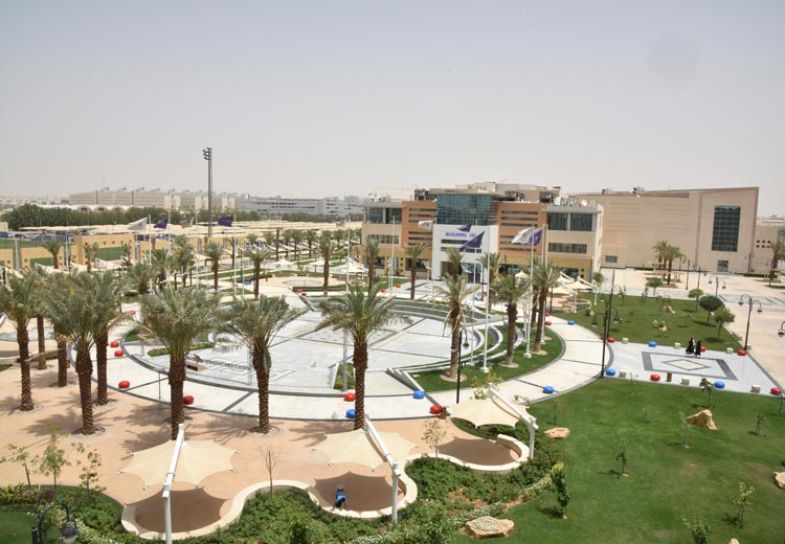
Prince Sultan University in Saudi Arabia has been taking impactful steps towards achieving the UN’s SDGs, and has the kingdom’s own Vision 2030 in its sights
Universities’ ability to demonstrate their social and environmental impact is more important than ever and, consequently, an increasing number of institutions now benchmark their impact against the United Nations Sustainable Development Goals (SDGs). Times Higher Education’s own Impact Rankings have themselves become an important tool for universities to map their own sustainable development journey.
Prince Sultan University (PSU) in Saudi Arabia is no exception. It has singled out a number of SDGs it feels to be most important to its student body, community and the future of the kingdom.
SDG 4, which focuses on the quality of education, is of particular importance, and the university follows a number of metrics to ensure it provides lifelong learning opportunities and that there is a certain proportion of first-generation students. “Quality of education is what PSU is all about,” explains Dr Ahmed S. Yamani, president of PSU.
SDG 5 focuses on gender equality and is another area of strength for the university. PSU’s student body is more than 60 per cent female, and 72.2 per cent of first-degree graduates in the arts, humanities and social sciences are women.
The university’s impressive employability record supports its efforts in SDG 8 – decent work and economic growth. About 90 per cent of PSU graduates get a job within three months of obtaining their degree. PSU is also the top institution in the nation in terms of employability, according to the Saudi Ministry of Human Resources and Social Development.
Supporting Saudi Arabia to reach its sustainability goals is also high on the agenda at PSU. Saudi Vision 2030 is a strategic plan to reduce the kingdom’s dependence on oil exports and diversify its economy, and a number of PSU’s programmes support this goal. “We need to stimulate other sectors that rely on human resources and become less dependent on oil exports,” Yamani says. “The kingdom’s real wealth lies within its people, the younger generation that makes up more than 60 per cent of the population. So, they are the true architects of the future.”
PSU works closely with the private sector and boasts many successful graduates in senior positions at local and international companies. It is also working on the Saudi Green Initiative by collaborating with students – for example, through the Youth Development Association – and with public sector employers such as the Ministry of Commerce and the Ministry of Human Resource and Social Development. This scheme aims to increase reliance on clean energy, offset the impact of fossil fuels and work towards COP26 global targets.
PSU is working towards environmental and sustainability goals not just through partnerships or students’ involvement in green initiatives, but through its own contemporary and impactful research. One notable project is a collaboration on renewable energy between the research labs at PSU and King Abdullah University of Science and Technology (KAUST) Research and Technology Park.
Students can also access opportunities to study or work abroad in the field of renewable energy, which contributes to PSU’s progress on SDG 7 – affordable and clean energy.
PSU is one of the first universities in Saudi Arabia to pledge net zero carbon emissions by 2060 to align with international targets to limit global temperature rise above 1.5 degrees Celsius. The university has signed up to Race to Zero, a global initiative for a zero-carbon world).
Yamani concludes: “We can only rise to these challenges by working together with other institutions to make a better society and community.”
Find out more about Prince Sultan University.












